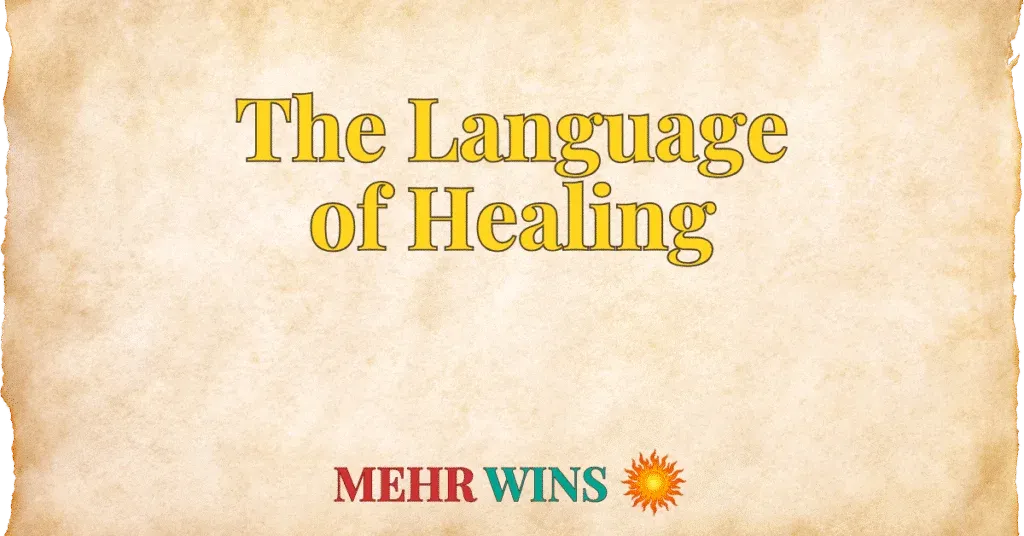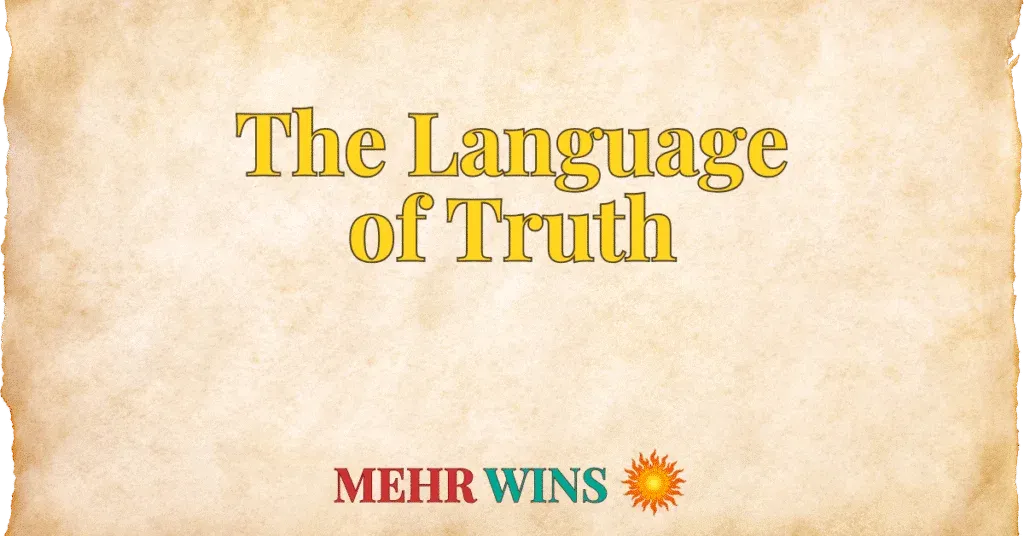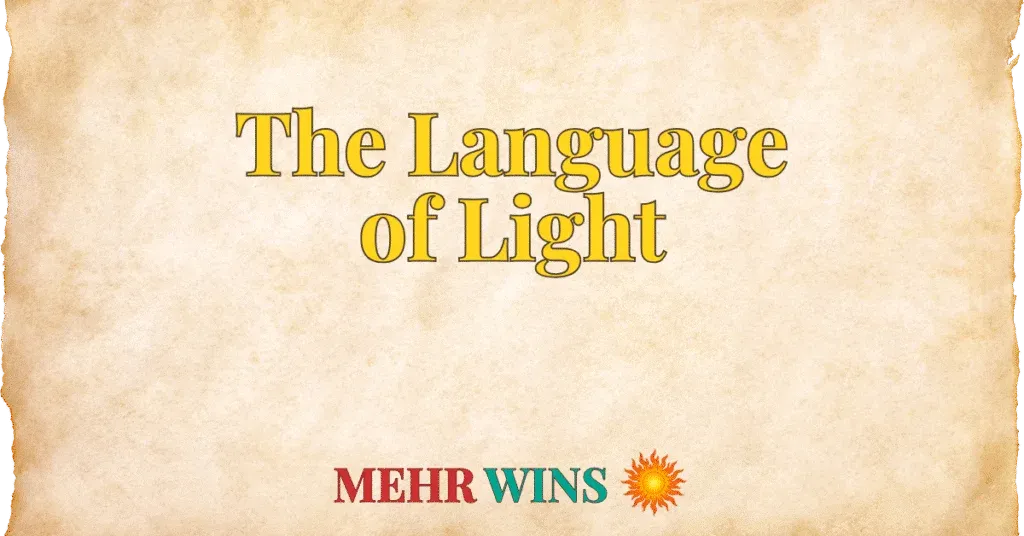
Healing is not just the absence of pain. It is the quiet return to wholeness, the slow mending of invisible wounds, and the rebuilding of strength that cannot always be seen. True healing moves through every part of us, including the body, heart, and soul, and never happens all at once. In Persian thought, where the spirit and self are deeply connected, healing is not only recovery but the restoration of harmony. These ten words reflect that layered meaning of healing and echo the deeper truth this project hopes to express.
1. شفا Shefā (she-fah) – Healing, Cure, Recovery
Shefā is the primary and most direct word for healing or cure, often implying a restoration to health, whether physical, emotional, or spiritual. It signifies a complete recovery and restoration.
Example: “After much rest, she experienced a remarkable shefā.”
2. درمان Darmān (dar-man) – Treatment, Remedy, Cure
Darmān refers to the process of treatment or the remedy itself that leads to healing. It emphasizes the active steps taken to bring about recovery and health.
Example: “His consistent darmān helped him overcome the chronic pain.”
3. بهبود Behbūd (beh-bood) – Improvement, Betterment, Recovery
Behbūd signifies an improvement or betterment in condition, often used to describe a gradual recovery or a positive shift toward well-being. It’s the process of getting better.
Example: “Every day, she felt a noticeable behbūd in her energy levels.”
4. ترمیم Tarīm (tar-meem) – Repair, Restoration, Mending
Tarīm specifically denotes the act of repairing or restoring something that was damaged or incomplete. It can apply to mending relationships, emotional wounds, or physical structures, bringing them back to wholeness.
Example: “Through their honest conversations, they achieved a deep tarīm in their friendship.”
5. سلامتی Salāmati (sa-lā-ma-tee) – Health, Well-being, Soundness
Salāmati is the state of being healthy, sound, and in good condition—the desired outcome of healing. It encompasses overall well-being, both physical and mental.
Example: “Her greatest wish for her family was their lasting salāmati.”
6. روحبخش Rūhbakhsh (rooh-bakhsh) – Spirit-Giving, Invigorating, Refreshing
Rūhbakhsh describes something that is spirit-giving or invigorating, often referring to things that heal or uplift the soul. It implies a profound renewal of inner vitality and spirit.
Example: “The quiet morning walks were truly rūhbakhsh for her soul.”
7. تزکیه Tazkiyeh (taz-kee-yeh) – Purification, Cleansing, Spiritual Refinement
Tazkiyeh refers to purification or cleansing, often in a spiritual or moral sense. It speaks to the healing process of shedding impurities or negative influences to achieve inner clarity and spiritual health.
Example: “Through years of self-reflection, he found tazkiyeh of his heart.”
8. تسلا Tasallā (ta-sa-lā) – Consolation, Comfort, Solace
Tasallā is the comfort and solace received during times of distress or pain, which is an essential part of the healing journey. It’s the soothing balm for a troubled mind or heart.
Example: “Her kind words offered him much-needed tasallā during his grief.”
9. جبران Jabrān (jab-rān) – Compensation, Reparation, Making Whole
Jabrān refers to making amends, compensating, or restoring what was lost or damaged, thereby contributing to the process of making one whole again. It’s the act of restoring balance after a deficit.
Example: “The community worked together for the jabrān of the damage caused by the storm.”
10. توازن Tavāzon (ta-vā-zon) – Balance, Equilibrium, Harmony
Tavāzon signifies a state of balance and equilibrium, which is the ultimate goal of many healing processes. It represents a harmonious alignment of mind, body, and spirit.
Example: “Finding tavāzon in her life brought her a deep sense of peace and wholeness.”
Pronunciation Note
To help with pronunciation, Persian transliterations often use the following consonant markers:
• gh – a throaty sound, like French r (غ / ق)
• kh – a deep “h” sound, like the ch in Bach (خ)
• zh – like the s in measure (ژ)
• sh – like sh in shine (ش)
• ch – like ch in cheese (چ)
Stressed syllables are shown in bold within the pronunciation.
Italicized words in parentheses reflect how to say the word phonetically.


